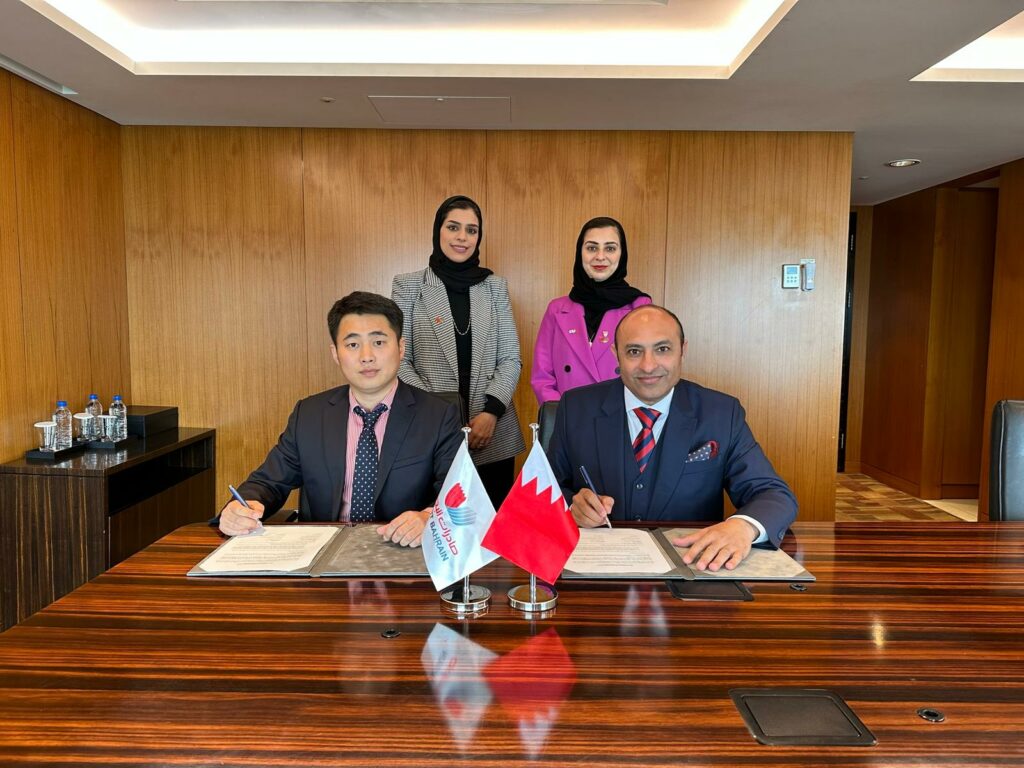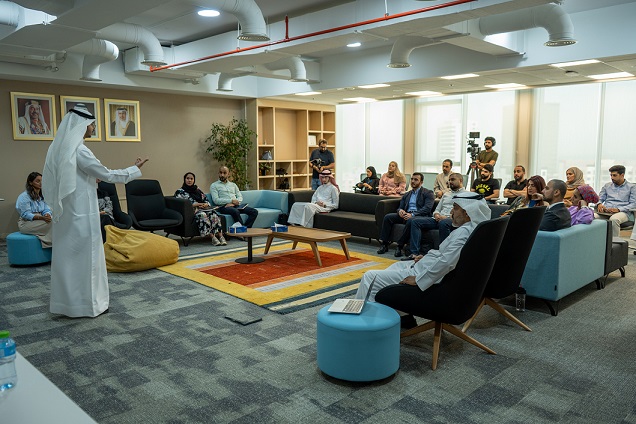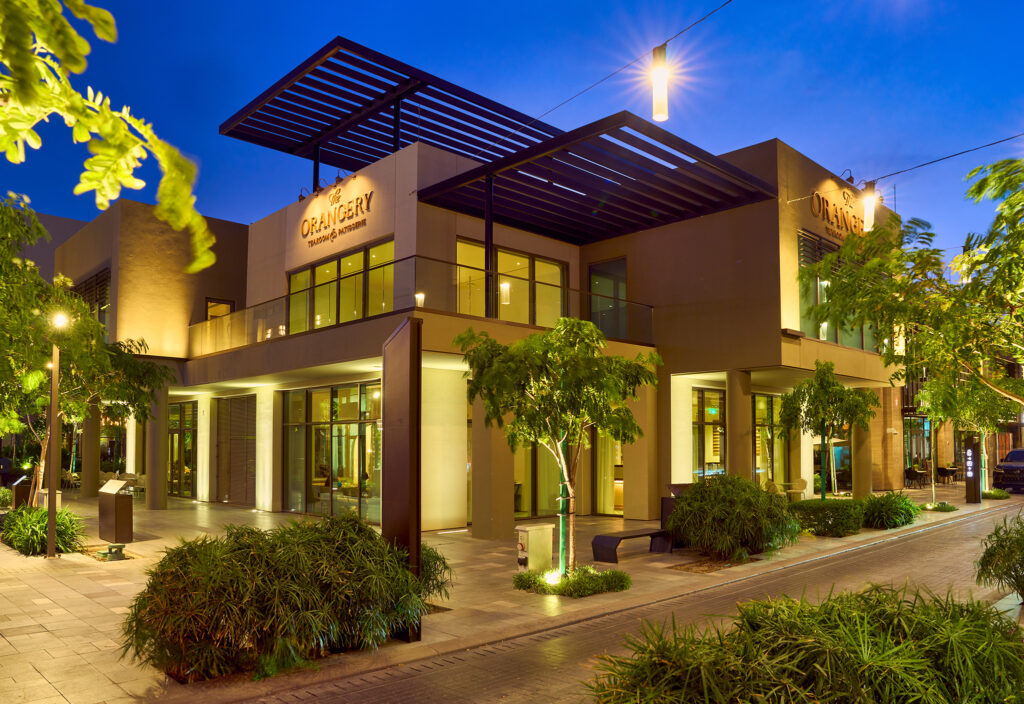Mr. Omar Al Khan, an expert in parking management and operations, emphasized the significant role that effective parking lot management plays in mitigating the persistent congestion and traffic jams plaguing Bahrain on a daily basis.
The resulting time waste, decreased productivity, elevated carbon emissions, and associated damages underscore the urgency of addressing this issue.
As citizens, residents, and visitors increasingly bear the brunt of congestion in Bahrain’s streets, Mr. Al Khan acknowledged the government’s commendable efforts to enhance traffic flow through road construction and expansion. However, he proposed that these endeavors could be further reinforced with technical solutions. Such solutions have the potential to directly reduce congestion by 20 to 30 percent, thereby offering substantial relief to road users.
Mr. Al Khan commented, “Specific areas in Bahrain, like Muharraq, Seef, Isa Town, and others, witness haphazard parking, turning surroundings into impromptu lots, worsening traffic congestion. Additionally, certain road sections are repurposed for parking, particularly on two-way roads, intensifying congestion and posing a risk of traffic accidents.”
Mr. Al Khan emphasized that the organization of these random parking lots and congested roads with cars parked on both sides contributes to smoother and more flexible entry and exit. He highlighted the role of modern technology, such as sensors and smartphone apps, in ensuring this efficiency.
As the Founder and Managing Partner of ParkPoint Parking Solutions, Mr. Al Khan underscored the influential role of parking in enhancing traffic flow and improving the quality of life and the environment, particularly in rapidly growing areas. The company is equipped with the most effective services and technical solutions tailored to the diverse needs of various buildings, including commercial centers, entertainment venues, hospitals, large corporations, residential areas, and more.
Mr. Al Khan emphasized, “The shift towards regulating parking has additional positive dimensions, such as enhancing road efficiency, contributing to the reduction of global warming, and serving as a significant stride towards the transformation into smart cities that prioritize the highest levels of comfort for their residents.”




